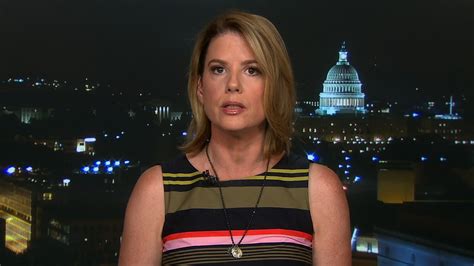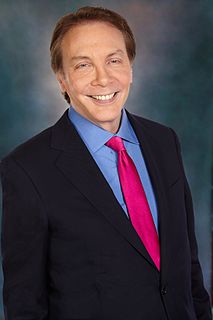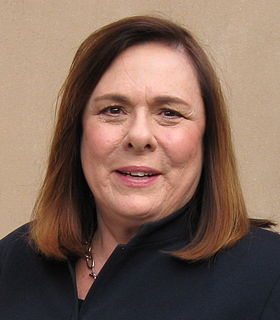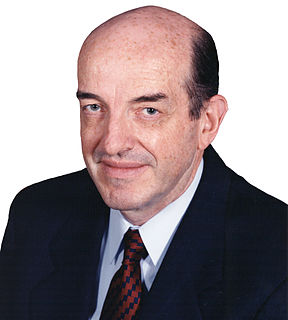A Quote by Kirsten Powers
The root of nearly every free-speech infringement on campuses across the country is that someone - almost always a liberal - has been offended or has sniffed out a potential offense in the making.
Related Quotes
I use throughout the term 'liberal' in the original, nineteenth-century sense in which it is still current in Britain. In current American usage it often means very nearly the opposite of this. It has been part of the camouflage of leftish movements in this country, helped by muddleheadedness of many who really believe in liberty, that 'liberal' has come to mean the advocacy of almost every kind of government control.
Look at what's happening on campuses for free speech. They're literally, literally limiting what people can say, under the guise of preventing people from getting hurt feelings. They are limiting constitutionally protected speech to save people from being offended or hurt. And so, denying people freedom is portrayed as a wonderful thing. That's how the left seduce people.
To me, freedom of speech and debate are necessary inputs in solving any of our nation's problems, from homelessness and economic inequality to banking, the environment, and national security. Freedom of speech is what Larry Lessig would call a 'root' issue; working on free speech is striking at a root issue.
In liberal society we claim that freedom of speech is sacred and therefore has an absolute character. But we know (or should know) that "free speech" inhabits a structured space: not only is "hate speech" legally forbidden in liberal societies, but there are also laws protecting the circulation of copyrighted material, and the reproduction of trademarks and patents without explicit permission.
If you have an internet service provider that's capable of slowing down other sites, or putting other sites out of business, or favoring their own friends and affiliates and customers who can pay for fast lanes, that's a horrible infringement on free speech. It's censorship by media monopolies. It's tragic: here we have a technology, the internet, that's capable really of being the town square of democracy, paved with broadband bricks, and we are letting it be taken over by a few gatekeepers. This is a first amendment issue; it's free speech versus corporate censorship.
Free speech is important whether you like what's being said or not. The reason why it's so important is that the entire spectrum of ideas needs to be heard so that the best ones are embraced and rise to the top. If you're a liberal and don't like conservative speech and you try to stifle that conservative speech, you need to be prepared for your own progressive speech to be stifled when the power shifts out of your favor.
When we believe or say we have been offended, we usually mean we feel insulted, mistreated, snubbed, or disrespected. And certainly clumsy, embarrassing, unprincipled, and mean-spirited things do occur in our interactions with other people that would allow us to take offense. However, it ultimately is impossible for another person to offend you or to offend me. Indeed, believing that another person offended us is fundamentally false. To be offended is a choice we make; it is not a condition inflicted or imposed upon us by someone or something else.



































